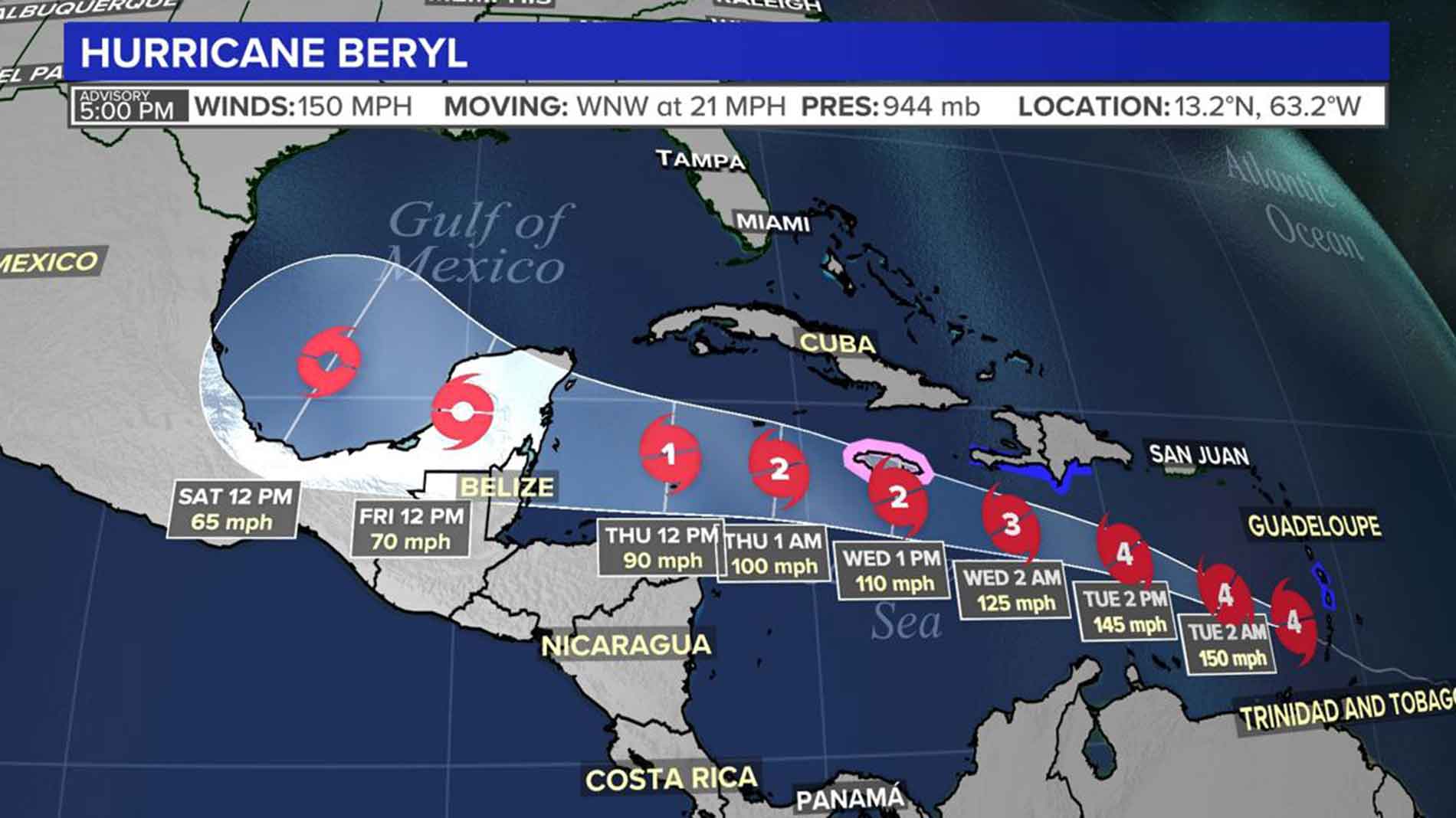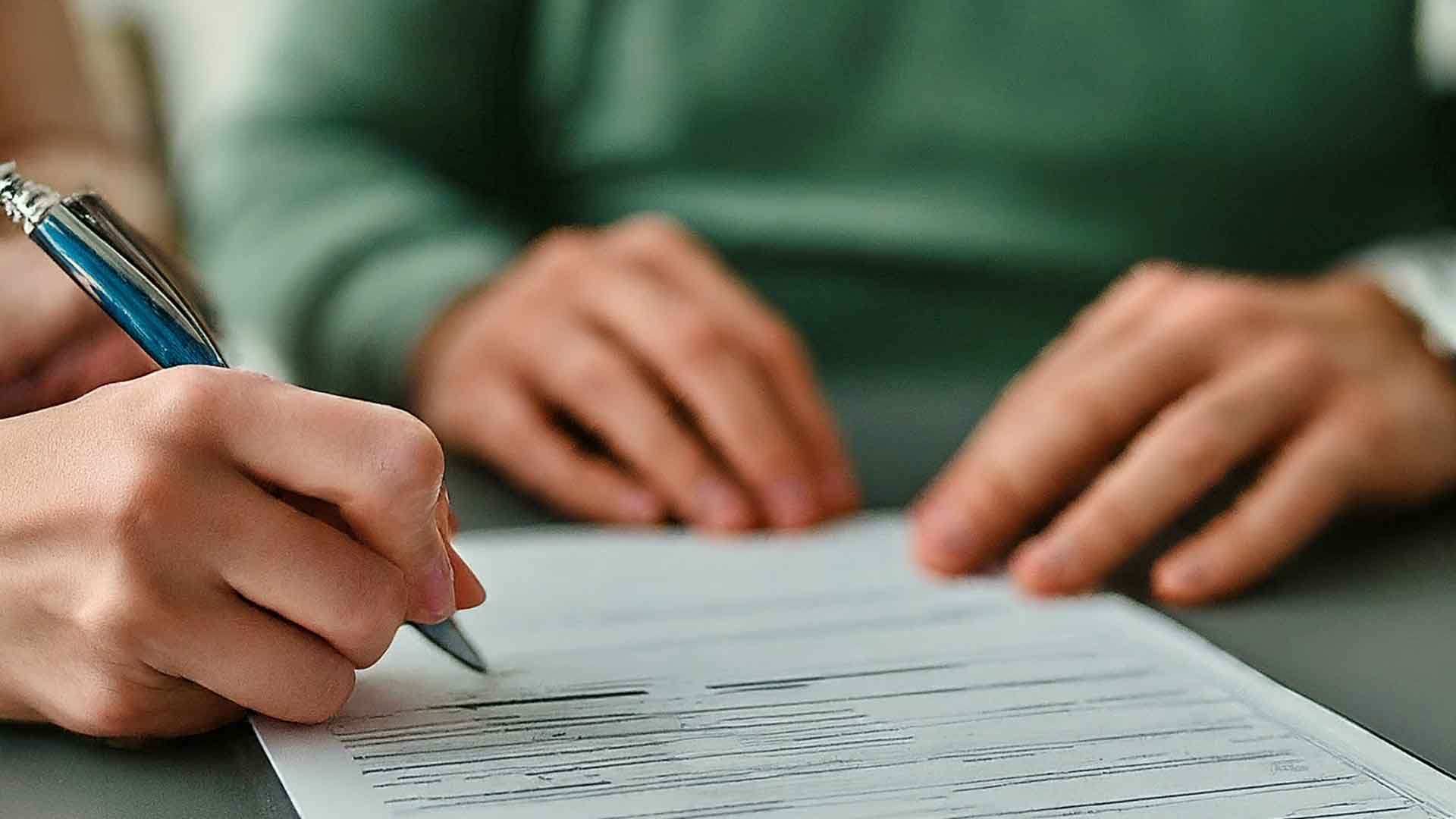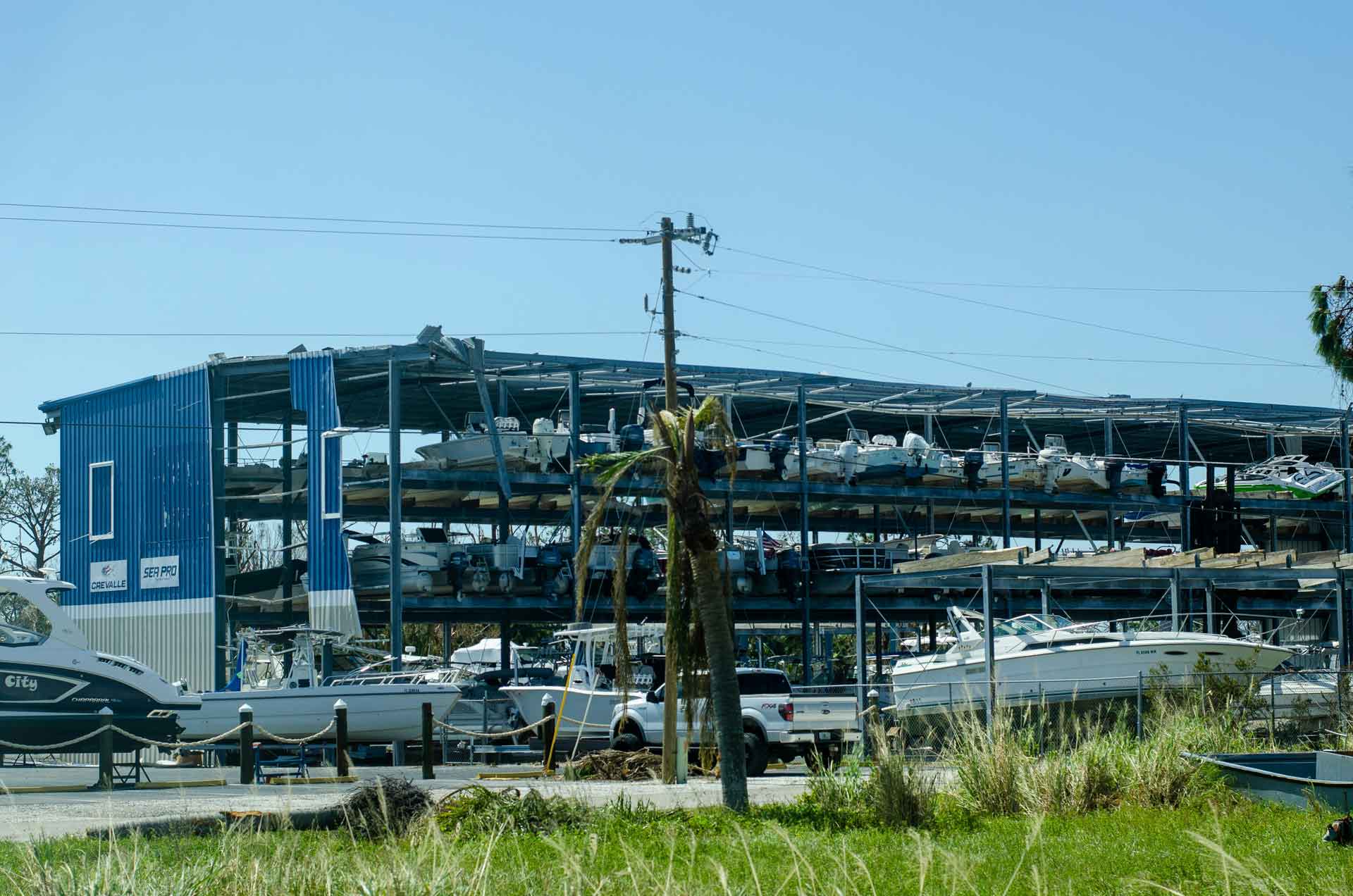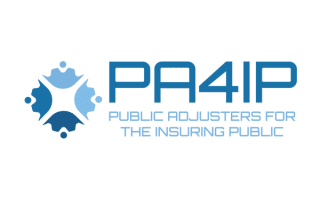
Be Prepared for Hurricane Season
Preparing for hurricane season in Florida is essential to ensure your safety and minimize potential damage to your loved ones and property. With Hurricane Beryl breaking records, we think it will be an active storm season.
Use our comprehensive guide to help you to get ready.
Before Hurricane Season
- Create an Emergency Plan, including Evacuation Routes. Know your local evacuation routes and have a plan for where you will go if you need to evacuate.
- Communication Plan: Establish a communication plan with family members. Decide how you will contact each other and where you will meet if separated.
- Special Needs: Consider any special needs for family members, such as medications, medical equipment, and dietary requirements.
- Prepare an Emergency Kit: Essential Supplies: Include water (one gallon per person per day for at least three days), non-perishable food, a manual can opener, a first aid kit, medications, and personal hygiene items.
- Tools and Equipment: Flashlights, extra batteries, a battery-powered or hand-crank radio, multi-tool, duct tape, and plastic sheeting.
- Important Documents: Keep copies of important documents (e.g., insurance policies, identification, bank account information) in a waterproof container.
- Cash: Have some cash on hand, as ATMs and credit card machines may not work during power outages.
- Home Preparations: Inspect and Repair: Check your home for any necessary repairs, especially the roof, windows, and doors. Fix loose shingles, gutters, and downspouts.
- Install storm shutters or have pre-cut plywood ready to board up windows and doors.
- Trim Trees: Trim trees and shrubs to reduce the risk of branches damaging your home during high winds.
- Secure Outdoor Items: Secure or store outdoor furniture, decorations, and other items that could become projectiles in high winds.
- Insurance Policy Check: Review your homeowner’s insurance policy to ensure it covers hurricane damage, including wind and flood damage.
- Flood Insurance: If you don’t already have flood insurance, consider purchasing it, as standard homeowner’s insurance policies typically do not cover flood damage.
During Hurricane Season
- Stay Informed: Weather Updates: Monitor weather forecasts and updates from reliable sources such as the National Hurricane Center (NHC) and local news channels.
Emergency Alerts: Sign up for emergency alerts through local government or weather apps.
- Keep Your Emergency Kit Ready: Check Supplies: Regularly check your emergency kit to ensure all supplies are stocked and up-to-date.
- Fuel and Supplies: Gasoline: Keep your vehicle’s gas tank full and have extra fuel for generators.
Food and Water: Maintain an adequate supply of non-perishables and bottled water.
When a Hurricane is Imminent
- Secure Your Home: Shutters and Plywood: Install storm shutters or board up windows and doors with plywood.
Move Inside: Bring in outdoor furniture and secure other outdoor items.
Garage Door: Brace your garage door to prevent it from being blown off.
- Follow Evacuation Orders: Evacuate Early: If local authorities issue an evacuation order, leave immediately. Follow designated evacuation routes and avoid flooded areas.
Shelter Locations: Know the locations of local shelters and plan your route.
- Prepare for Power Outages: Charge Devices: Fully charge your cell phones, tablets, and other electronic devices.
Generators: If using a generator, ensure it is in good working order and follow safety guidelines to avoid carbon monoxide poisoning.
After the Hurricane
- Stay Safe: Wait for Official Clearance. Do not return home until authorities have declared it safe.
Avoid Hazards: Be cautious of downed power lines, floodwaters, and structural damage. - Assess Damage: Document: Take photos and videos of any damage for insurance claims.
- Make temporary repairs to prevent further damage, such as tarping a damaged roof or boarding up broken windows.
- Contact Insurance: Report Damage: Contact your insurance company to report damage and begin the claims process.
- Contact Florida Claims Pro to help you receive the full benefit of your insurance coverage.
By following these steps, you can effectively prepare for hurricane season in Florida, ensuring your safety and minimizing potential damage to your property.
Kicking off a far-from-normal hurricane season
“Beryl’s rapidly intensifying strength and early arrival are very rare for the Atlantic hurricane season and are a troubling indicator that this season will be far from normal in a world warming due to human-driven climate change.
The storm has already shattered numerous records. On Sunday it became the earliest major hurricane – defined as one that is Category 3 or higher – in the Atlantic in 58 years and the only one to reach Category 4 status in the month of June.
It is also the strongest known hurricane to pass through the southern Windward Islands, which lie at the eastern edge of the Caribbean Sea, according to data from NOAA that goes back to 1851.
The hurricane was able to churn to life because the ocean is as warm now as it would normally be at the peak of hurricane season, said Jim Kossin, a hurricane expert and science advisor at nonprofit First Street Foundation.
“Hurricanes don’t know what month it is, they only know what their ambient environment is,” Kossin told CNN. “Beryl is breaking records for the month of June because Beryl thinks it’s September.”
The ocean warm ocean temperatures fueling Beryl’s unprecedented strengthening “certainly have a human fingerprint on them,” Kossin said.
Forecasters have warned this hurricane season is gearing up to abnormally active. National Weather Service forecasters predict 17 to 25 named storms this season, with as many as 13 of those becoming hurricanes.”
Excerpt from CNN website by , CNN
continue reading
Other Interesting Posts
How to File an Insurance Claim After a Storm Filing an insurance claim after a storm can be overwhelming, but following these steps can help streamline the process.
Businesses have multiple needs for hurricane preparedness. Prepare for damage but hope for none.
Hurricane Beryl was a wakeup call. Storms are developing faster and getting bigger. Be prepared. Preparing for hurricane season in Florida is essential to ensure your safety and minimize potential damage to your loved ones and property. Use our comprehensive guide to help you to get ready.







